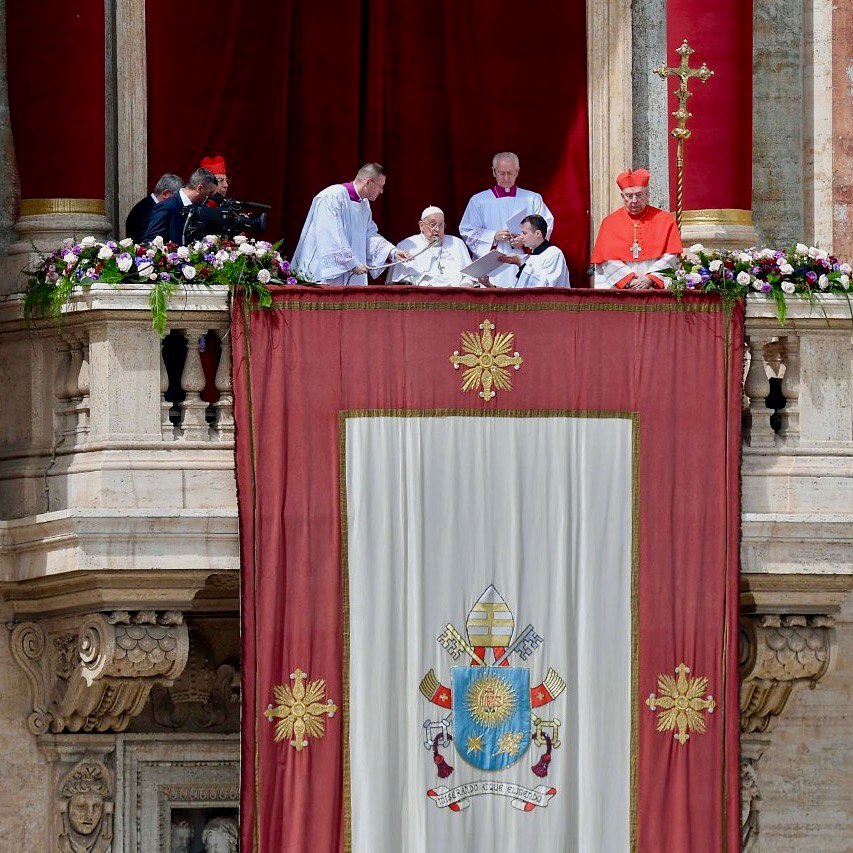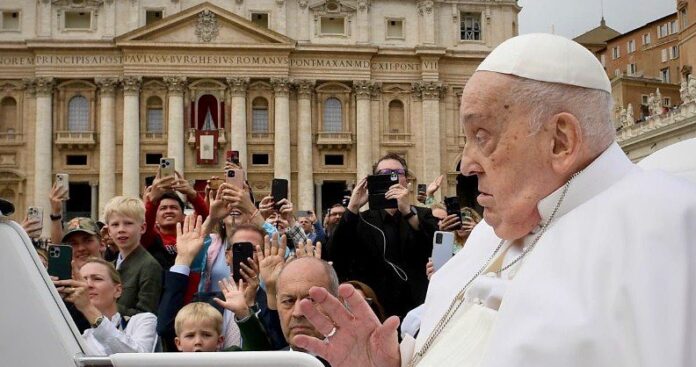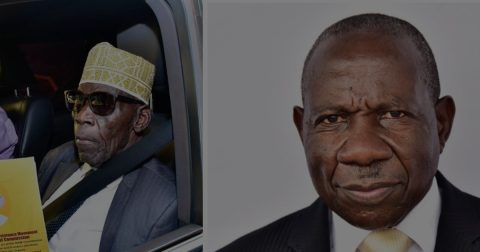Vatican City – The death of Pope Francis, who served as the 266th pope and the first Latin American pontiff, marks a historic moment for the Roman Catholic Church and its 1.4 billion faithful worldwide. His leadership since 2013 brought both renewal and challenges, often addressing issues such as poverty, migration, climate change, and internal Church reforms.
With Pope Francis’s passing at age 88, the Church faces the solemn task of choosing a new spiritual leader during a time marked by global political uncertainty, religious tensions, and challenges within the Church itself. The process of selecting a new pope is rooted in centuries-old tradition centered on the College of Cardinals, a body of senior Church officials who serve as both advisors and electors.

The conclave, held secretly within the Sistine Chapel, represents the Church’s commitment to a prayerful and discerning election, reflecting the belief in divine guidance during this pivotal moment. The election impacts not only Church doctrine and governance but also international diplomacy, as the pope often serves as a moral voice on global issues.
The populace watches for the iconic smoke signal: black smoke signifies no decision reached, while white smoke signals the successful election of a new Pope. The announcement, “Habemus Papam” (We have a Pope), followed by the new pope’s first public blessing, signals the beginning of a new chapter for Catholicism.






